Strategy games have been around since the very dawn of video-gaming, tending for obvious reasons to be more PC than console-based. And in the past several decades, the gaming industry has seen a proliferation of different sub-genres under the “strategy” umbrella, including so-called “4X” titles (eXplore, eXpand, eXploit, eXterminate), real-time strategy, grand strategy, tactical combat, and any combination of these – as well blends with other genres, especially RPGs.
2016 was a pretty important year for strategy games, with major installments to some of the most successful franchises out there, including Total War, Hearts of Iron, XCOM, and Civilization; along with some interesting newcomers like Paradox’s Stellaris and the runaway indie hit RimWorld. Other games received major updates, including Age of Empires II (again), which at this time is a whopping 17 years old, and Paradox mainstays Crusader Kings II and Europa Universalis IV.

First off is perhaps the most-hyped of all strategy titles in 2016, which is of course Sid Meier’s Civilization VI. Civilization is perhaps the most iconic and genre-defining of all strategy franchises, so it’s fitting to start here. Published by 2K and developed by Firaxis, Civilization VI is a worthy successor to 2010’s Civilization V, and in fact the lead development team was made up of the same folks who gave us that game’s successful expansions. Aside from some brand-new (some may say cartoony) aesthetics, the game introduces several new features, most importantly a new emphasis on terrain. Cities are now “unstacked”, with improvements taking up space beside the main town, leading to a significant amount of urban sprawl, and special bonuses for placing improvements near certain terrain types. Also, unit stacking is once again allowed, but on a limited scale. Of course, the game did garner its fair share of criticism, mostly due to what many perceived to be a very flawed AI controlling other nations’ leaders. It remains to be seen if any of this will be adequately patched, but Civ 6 is still worth checking out.

Another major franchise installment this year was Paradox Interactive’s Hearts of Iron IV, the World War II grand strategy title par excellence, released on the 72nd anniversary of the Allied Invasion of Normandy. The series is known for not just allowing players to rewrite the history of the war itself, but also to go deep into the political, economic, and strategic issues of the day, both before and after the war. The game is enormously complex, though some things have been simplified, such as the system for managing large-scale invasions and the like (angering some long-time fans in the process, of course). If you ever wanted to take on the Japanese Empire as Siam, this is the place to do it. Unfortunately, Paradox has received some criticism over the DLC structure for the game, with many players insisting (rightly so in my opinion) that some of the features, such as lend-lease, spearhead, and blitz options should have been in the base game and not the DLC. In any event, if you are in fact new to the series, the simplifications might make this a good place to start, and then you can work your way backwards through the series.
Paradox also launched an all-new strategy title this year – their first-ever non-historical title (for the development studio, at least) – and this time in space. Set in the not-so-so-distant future of 2200, Stellaris allows players to take control of a sentient species and expand across the galaxy, 4X-style, in contrast to their normal use of already-established real-world nations. The options allowing players to design their own species adds an almost RPG-like layer of individuality, especially early on. And the late game has certain random events that take place, mostly designed to stop any one empire from gaining too much momentum (and as anyone who’s had to deal with France in Europa Universalis III can attest, this is a good thing). To date, Stellaris is Paradox’s fastest-selling game ever, and has sold over 500,000 units, which is pretty impressive for any strategy game that doesn’t have the word “Civilization” in its title.
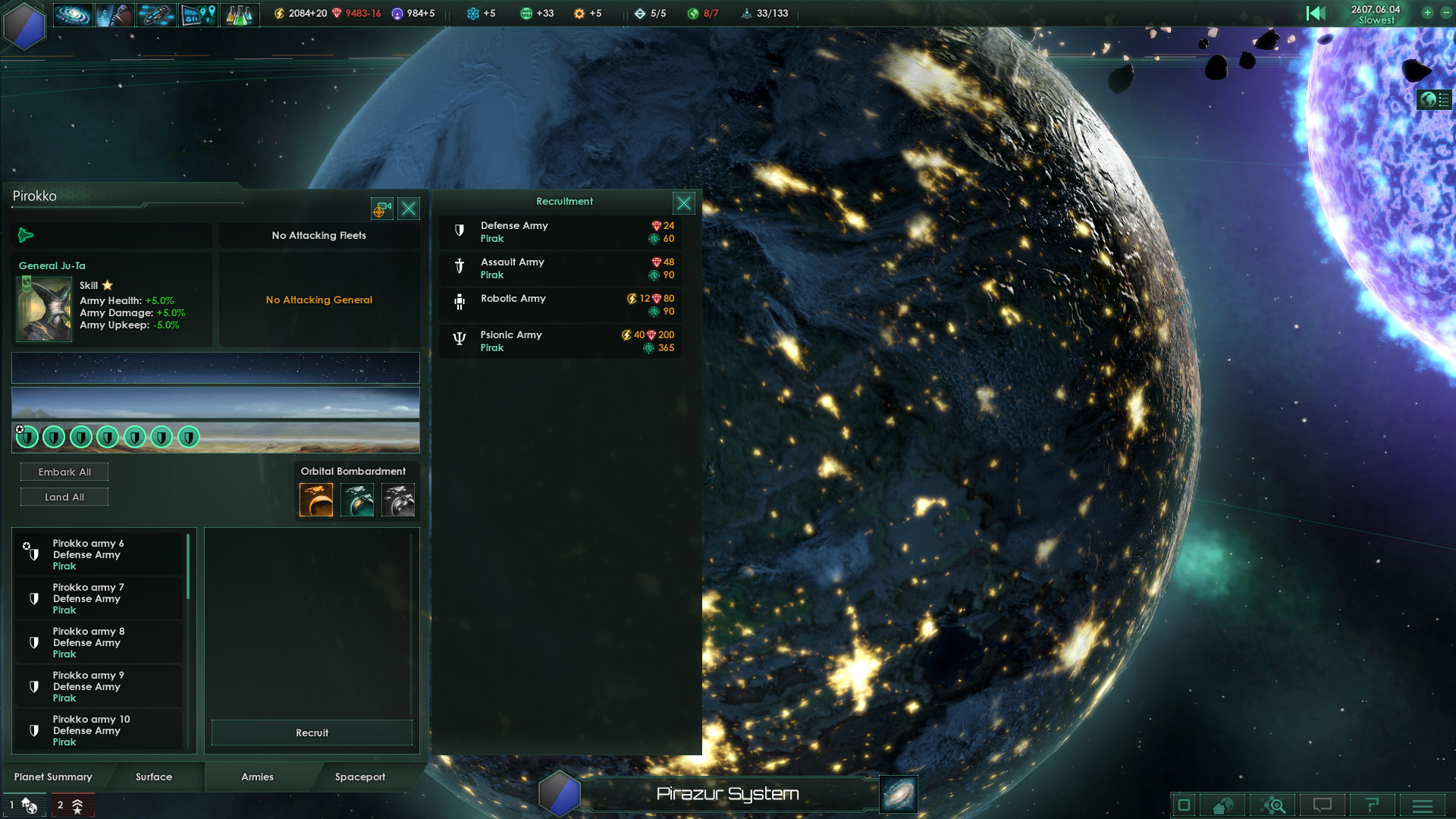
And while we’re still (!) on the subject of Paradox, they released some major updates to two of their best titles, 2012’s Crusader Kings II and 2013’s Europa Universalis IV. Crusader Kings II: Conclave gives your vassals and your council a greater say in how you govern, making political intrigue even more interesting (and dangerous) than it already was. Of course, some fans see this as just another way to allow your vassals to get pissed off and rebel. Crusader Kings II: The Reaper’s Due adds some of the more… uncomfortable features of life in the Middle Ages. Diseases, especially the Black Death, bring a frightening level of realism to the game, reflecting the spurious and arbitrary nature of man’s greatest enemy. It also adds some new prosperity features that allow you to focus more on the provinces you do have rather than trying to always expand outwards.
Europa Universalis IV: Mare Nostrum adds not just new naval missions and additional provinces, but also the ability to form trade leagues and hire out your armies as “condottieri”, mercenaries. Depending on whom you ask, this is a great thing, allowing you to expand your influence as a trading nation while skirting territorial limits, but for others it means that Italy and Germany become very difficult to unify. Europa Universalis: Rights of Man adds a “Great Powers” feature that gives the eight most powerful nations in the world new diplomacy options. It also revamps the technology system.
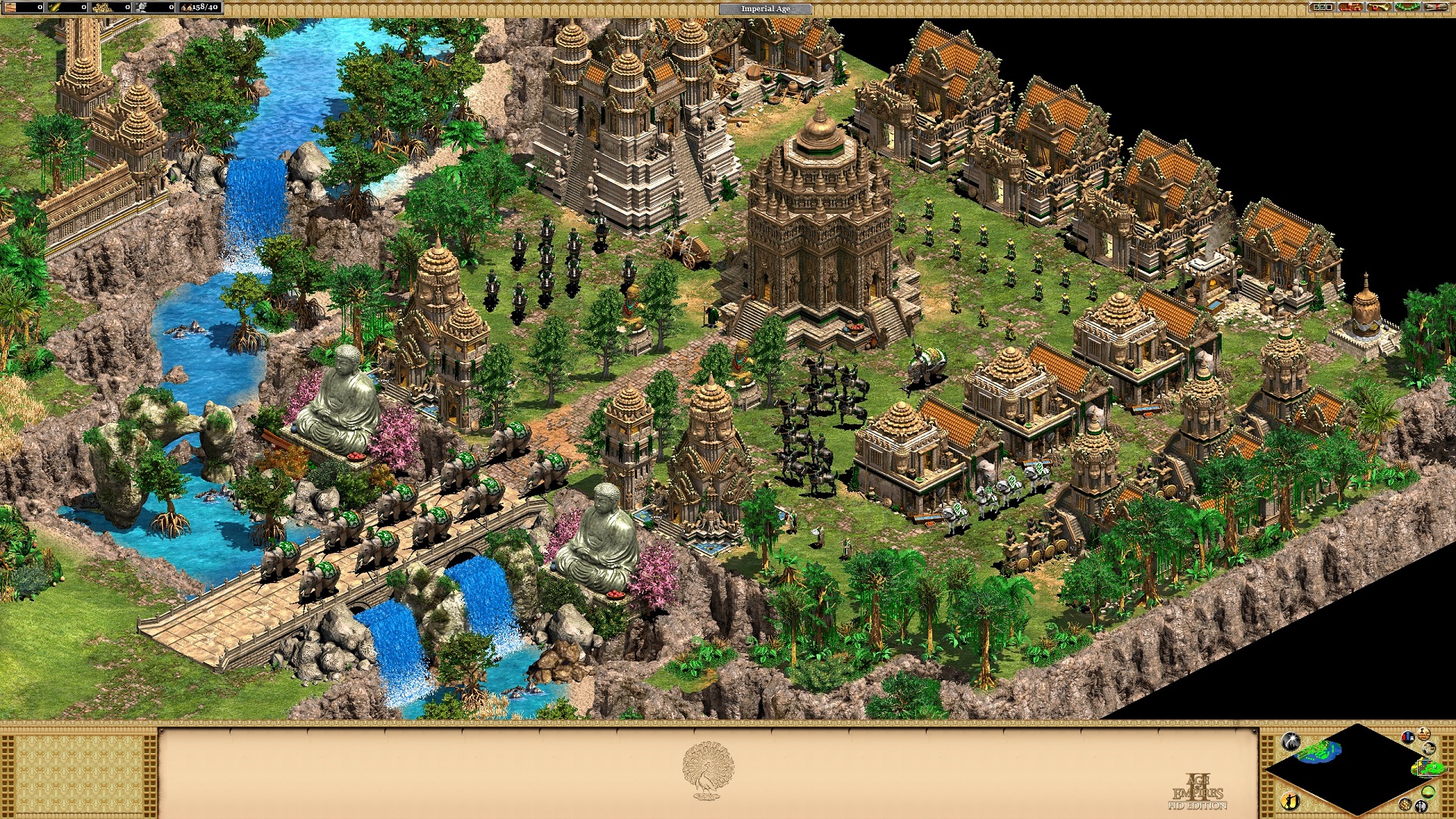
Speaking of updates, a classic from the golden age of real-time strategy also got some new content this year – Age of Empires II HD: Rise of the Rajas continues the recent expansion (since the release of Age of Empires II HD in 2013) of this time-tested gem of a game, adding some civilizations that players back in 1999 never saw coming: Burmese, Malay, Khmer, and Vietnamese, bringing the total number of civilizations in the game to a staggering 31, all complete with unique units, techs, and fully voiced campaigns.
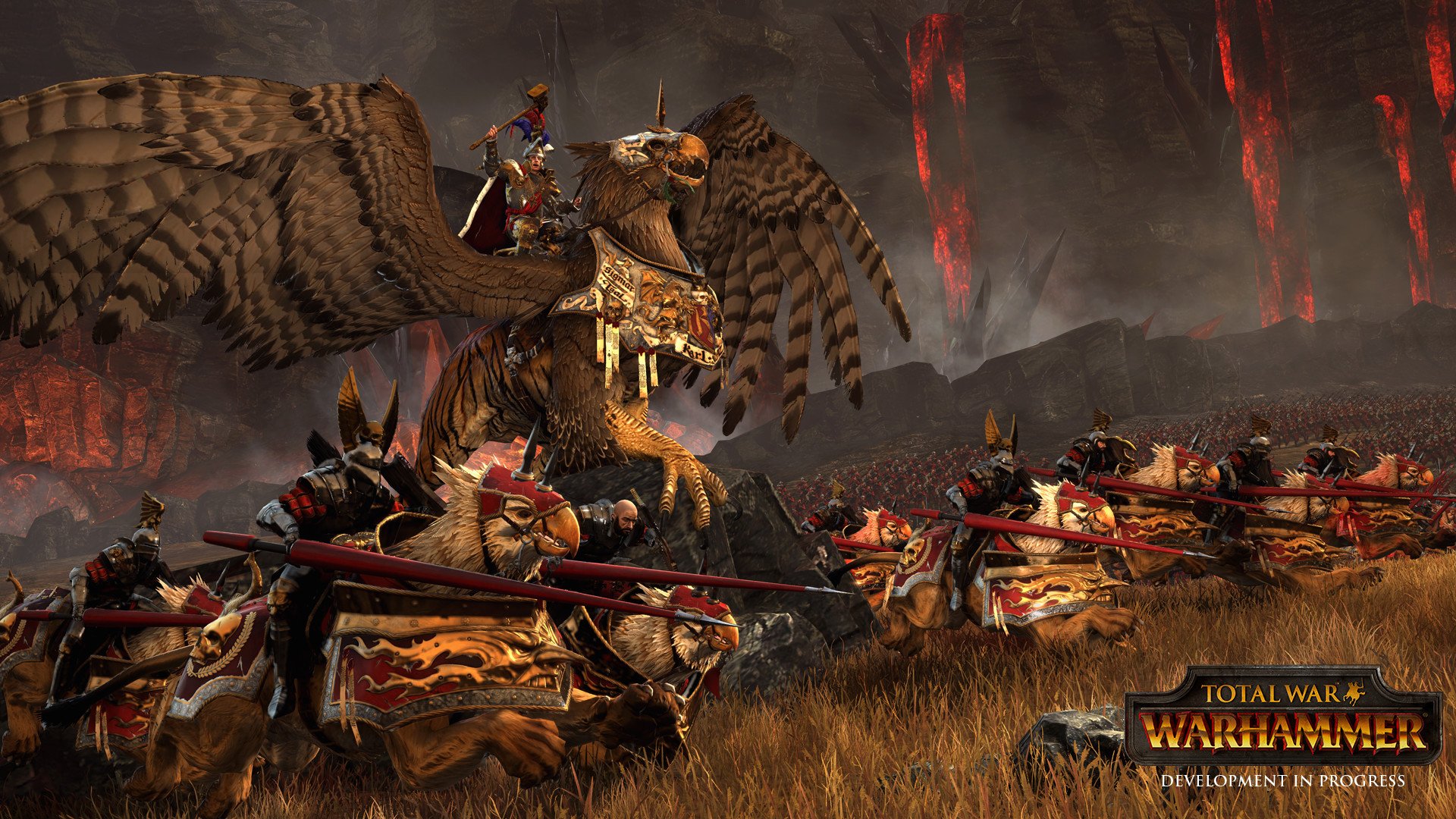
The other series that saw a major new release was Creative Assembly’s Total War series, the most successful franchise to combine turn-based grand strategy with real-time tactical realism. Taking the series out of history for the first time ever, Total War: Warhammer has been a massive hit for the series, selling over half a million copies in the first few days alone. Taking place in Games Workshop’s Warhammer Fantasy universe, it adds several new features to the series, including flying units, a wide variety of models and animation, more variety between factions than ever, and the ability for certain characters to fight as individual heroes rather than as part of a unit. And of course, there’s magic, and lots of it, with magical units being immensely powerful in some case.
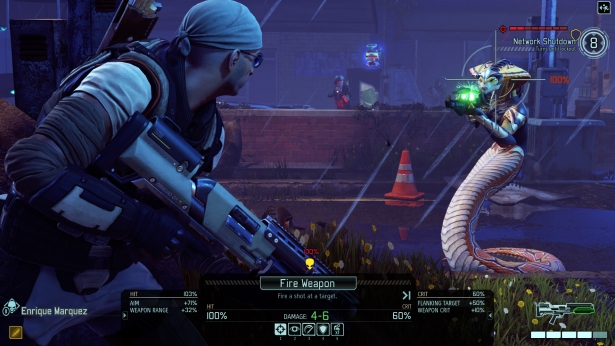
In terms of more turn-based tactical games, two of the year’s most successful titles were XCOM 2, also from 2K and Firaxis, and The Banner Saga 2, sequel to the indie hit of 2014. XCOM 2 features turn-based tactical combat at its finest – and hardest. While it would be hard to top its predecessor, 2012’s XCOM: Enemy Unknown, XCOM 2 does come very close. The storyline takes place in a world where the humans actually lost the war with the aliens, and are now forced into waging a more guerrilla-style war against their technologically superior foes. Procedurally-generated levels and new modding tools give the new game a high degree of replayability, though some players have complained about bugs and crashes, in some cases in the wake of particular updates. The Banner Saga 2, from indie dev Stoic and publisher Versus Evil, continues the Viking epic and iconic 2D visual style of the first game (kind of reminiscent of Ralph Bakshi’s The Lord of the Rings, actually), building on the elements that made the first game such a success and improving upon them in almost every respect – variety, decision-making, balance, combat, and everything else.
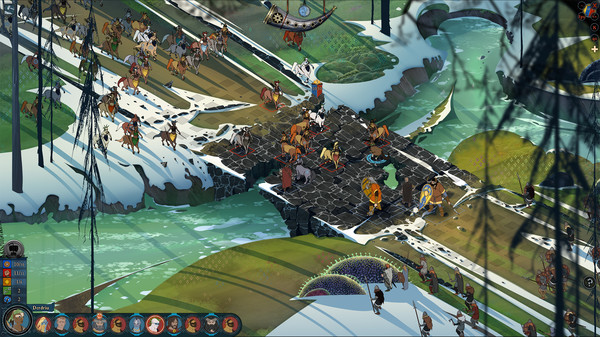
Finally, I’d like to mention a game which, while not necessarily a huge commercial success, has really taken off since its Early Access release, receiving lots of critical acclaim. RimWorld can currently be found amid a bunch of AAA titles on Steam’s top sellers list. RimWorld puts you in control of a group of spacecraft survivors trying to build a colony on an alien world. It features a randomly generated storyline by an AI storyteller, and a simplistic, top-down visual style. However, the game is immensely complex, with each colonist having his or her own unique personality. Psychology plays a key role in the success of your colony, as much as your ability to manage resources and maintain control during random events. With 96% positive on Steam (out of 7,000 reviews) and still in Early Access, this is one to check out.






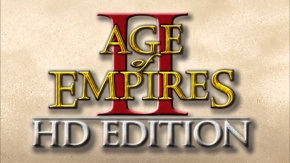


asdfrtg
wow.i need the key.pls.
srategy
Hey, key here maybe ?
pleas get mi key
dddd
sdasdasdsada
adm
Key
ewewq
Like
asfwqf
giwe me key please
fgfgddsg
sadasd
wwb
Cool
Key